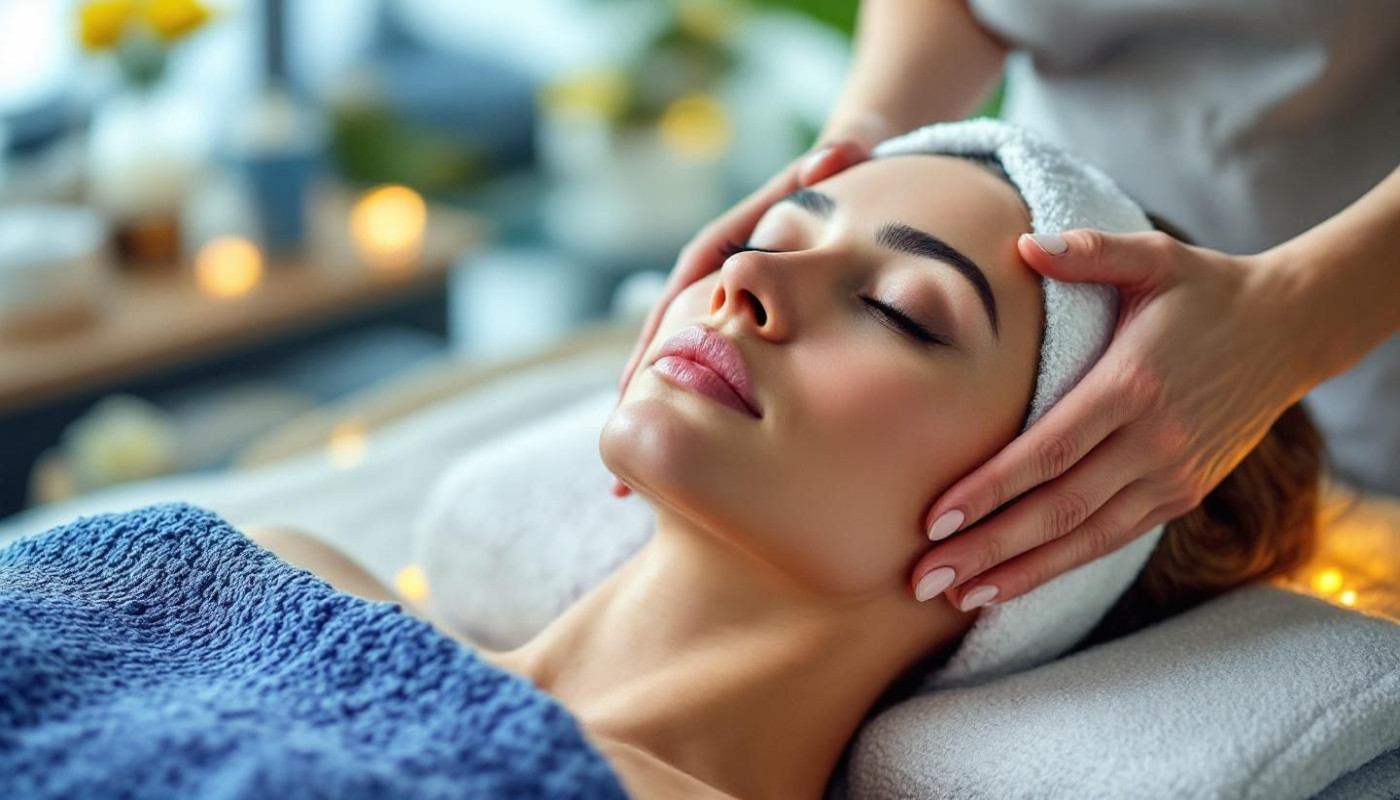Table of contents
Stand-up paddleboarding, or SUP as it is popularly known, has made a splash in the fitness world. The sport's appeal lies in its ability to provide an all-around workout while you are having fun gliding through the water. It may look serene and relaxed, but don't be fooled - SUP can challenge your body like any other high-intensity exercise. So if you're looking for a new way to stay fit that also lets you enjoy nature and disconnect from daily stresses - stand-up paddleboarding might just be your ticket! Read on as we delve deeper into why this increasingly popular water-based activity is becoming the new fitness craze.
The Appeal of Stand-Up Paddleboarding
Stand-up paddleboarding, often referred to as SUP, has swiftly ascended the ranks of popularity within the outdoor fitness community. This new fitness craze seamlessly blends aspects of travel adventure, aquatic therapy, and core stability training, making it an appealing activity for a broad spectrum of individuals. The unique combination of these elements transforms what could be an ordinary workout session into an exhilarating experience.
One of the key attributes of stand-up paddleboarding is its inherent nature of travel adventure. Unlike conventional exercises, SUP allows enthusiasts to explore scenic lakeshores and breathtaking coastlines at their own pace, hence enhancing the overall experience. This adventurous element introduces a new layer to the sport, making it more than just an outdoor fitness activity.
Furthermore, stand-up paddleboarding doubles as a form of aquatic therapy. The gentle rhythm of paddling, combined with the calming effect of water, provides a therapeutic environment that aids in stress reduction, highlighting the additional benefits that go beyond physical fitness.
Lastly, SUP is an excellent modality for core stability training. Balancing on a paddleboard requires constant engagement of core muscles, thereby strengthening them over time. Thus, stand-up paddleboarding is not only a fun and adventurous activity but a powerful workout as well.
Health Benefits of Stand-Up Paddle Boarding
Stand-up paddle boarding, commonly known as SUP, offers an array of health benefits which have skyrocketed its popularity making it the newest fitness trend. One of the prime advantages of SUP is improved balance. As this activity requires you to stand upright on the board, it helps in enhancing your balance in both, the activity itself and in overall daily movements.
Increased strength is another significant benefit reaped from SUP. This sport utilizes almost every muscle in the body, resulting in a powerful full-body workout. From maintaining balance to paddling, your body works continuously, hence contributing to the development of core strength and muscle tone.
In addition to building strength, SUP is also excellent for improving cardiovascular health. Comparable to running or aerobics, it is an effective way to keep your heart healthy, reducing the risk of cardiovascular diseases.
The act of paddle boarding is not solely physical. It also contributes significantly towards stress reduction. The soothing nature of water and rhythm of your stroke can greatly help in decreasing stress and creating a serene state of mind. From teens to seniors, these health benefits make SUP an attractive fitness activity for individuals across various age groups.
Low Impact Nature of Stand-Up Paddle Boarding
The low impact nature of Stand-Up Paddle Boarding (SUP) sets it apart from many other forms of exercise. Unlike high-impact activities such as running or weightlifting, which can put a significant strain on joints, SUP training is considered a joint-friendly body-weight exercise. The buoyancy effect of being on the water reduces the risk of injury significantly. This is a major reason why SUP has become so popular; it allows you to get a thorough workout without the harsh impacts that can lead to injuries. In other words, SUP serves as a low impact sport that promotes injury prevention while providing a full-body workout.
A Mental Health Boost From Stand Up Paddling
The mental benefits derived from stand-up paddleboarding (SUP) are significant and undeniable. As an outdoor activity, SUP has the unique ability to promote mindfulness and reduce anxiety levels. When paddling, the participant's senses are fully immersed in the calming influence of water bodies and waves, creating a tranquil environment that acts as a therapeutic escape from the stresses of daily life.
This experience, often referred to as 'Mindfulness + SUP', is akin to meditation. The act of paddling, the rhythmic motion, and the focus required, all contribute to a meditative state of mind. The resulting calm and tranquility can significantly reduce anxiety levels, thus earning SUP the title of 'water therapy'.
Moreover, the efficacy of SUP as a form of mental health therapy is backed by scientific facts. Various studies have highlighted the positive impact of such outdoor activities on mood and emotional health. As a result, SUP is often labeled as 'nature's antidepressant'. In conclusion, stand-up paddleboarding provides a unique blend of physical exercise and mental relaxation - a combination that is hard to come by in other forms of fitness activities. Indeed, 'meditative paddling' aptly summarizes the holistic benefits offered by this latest fitness craze.

